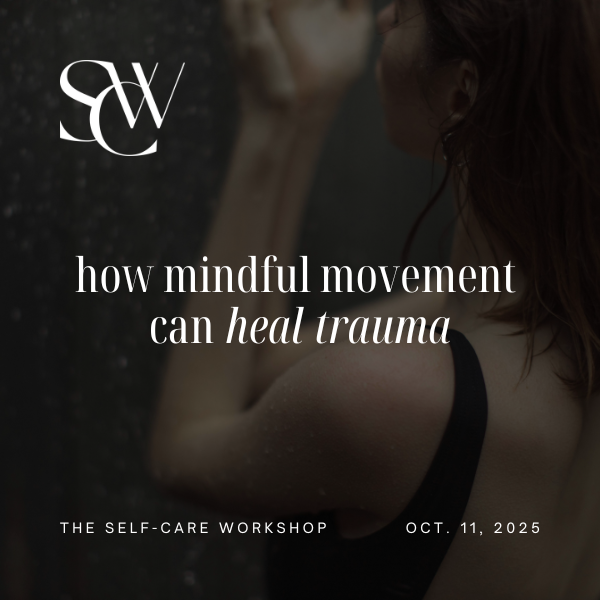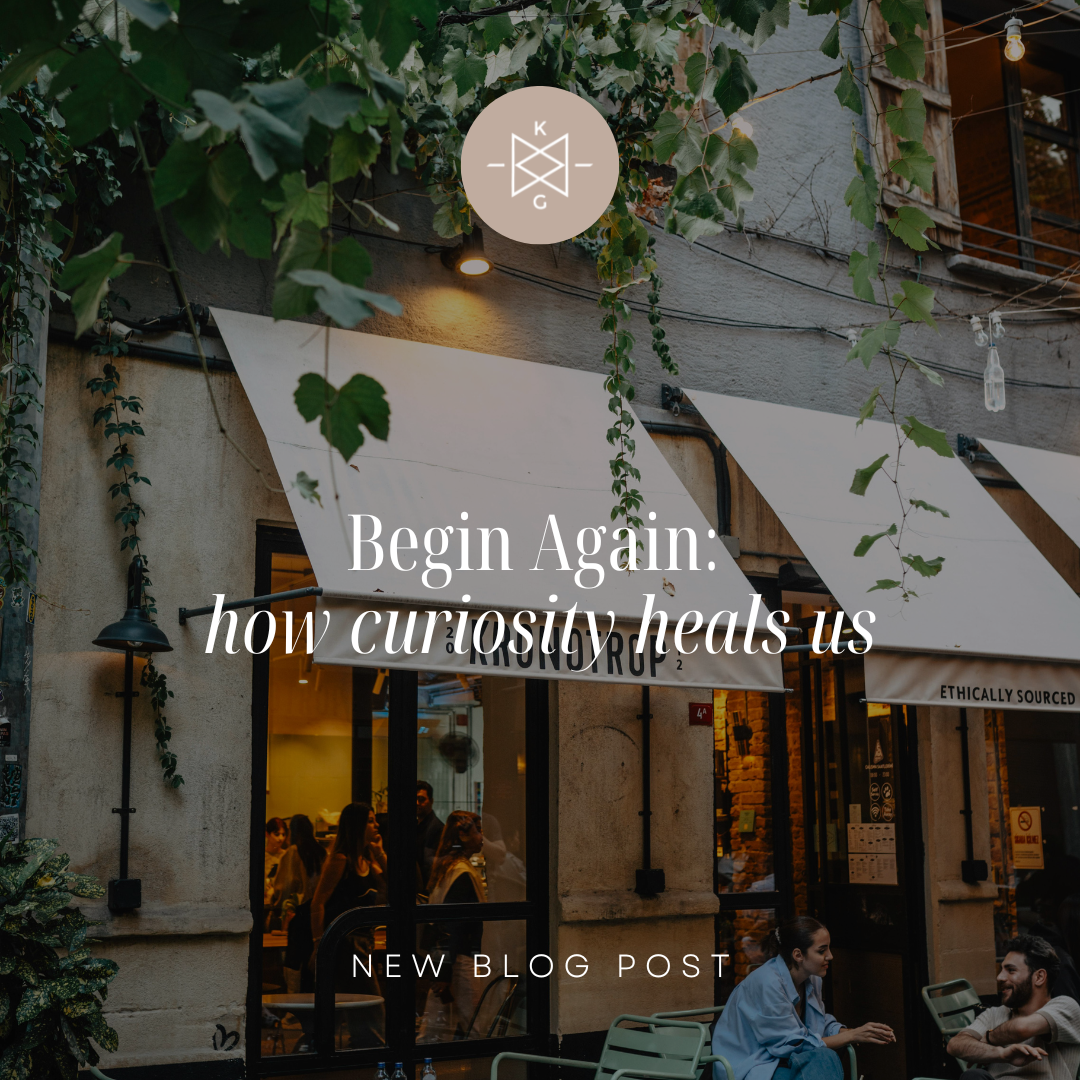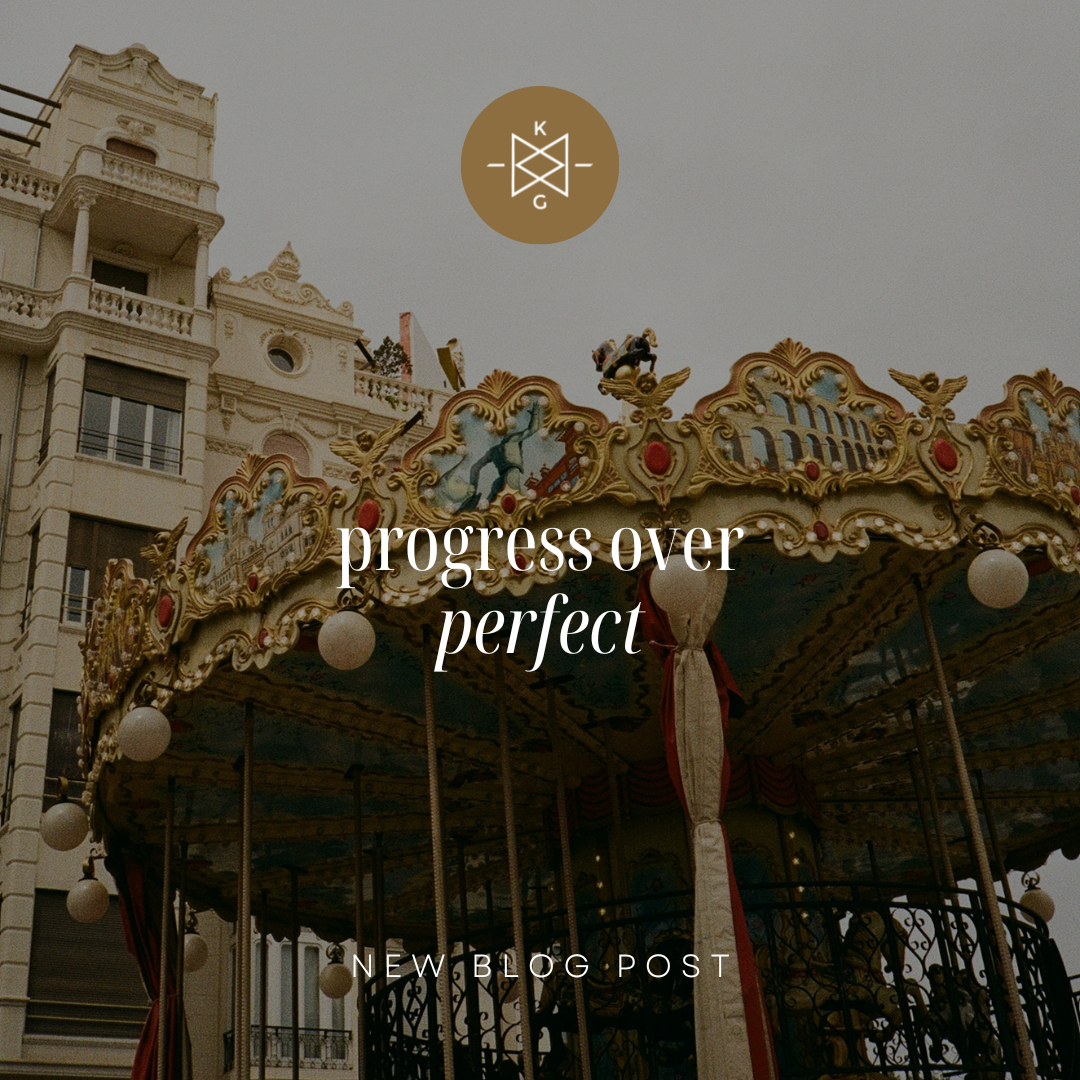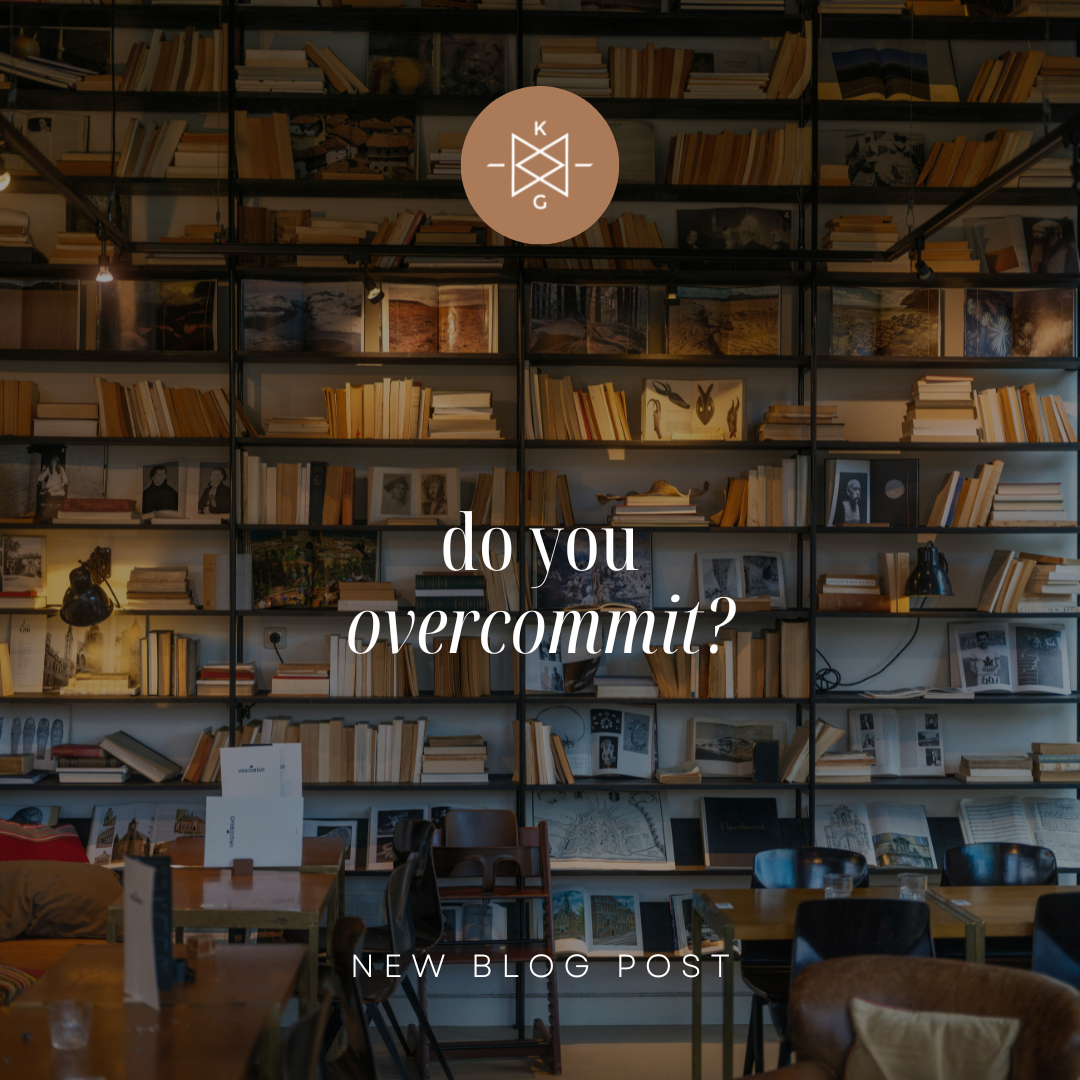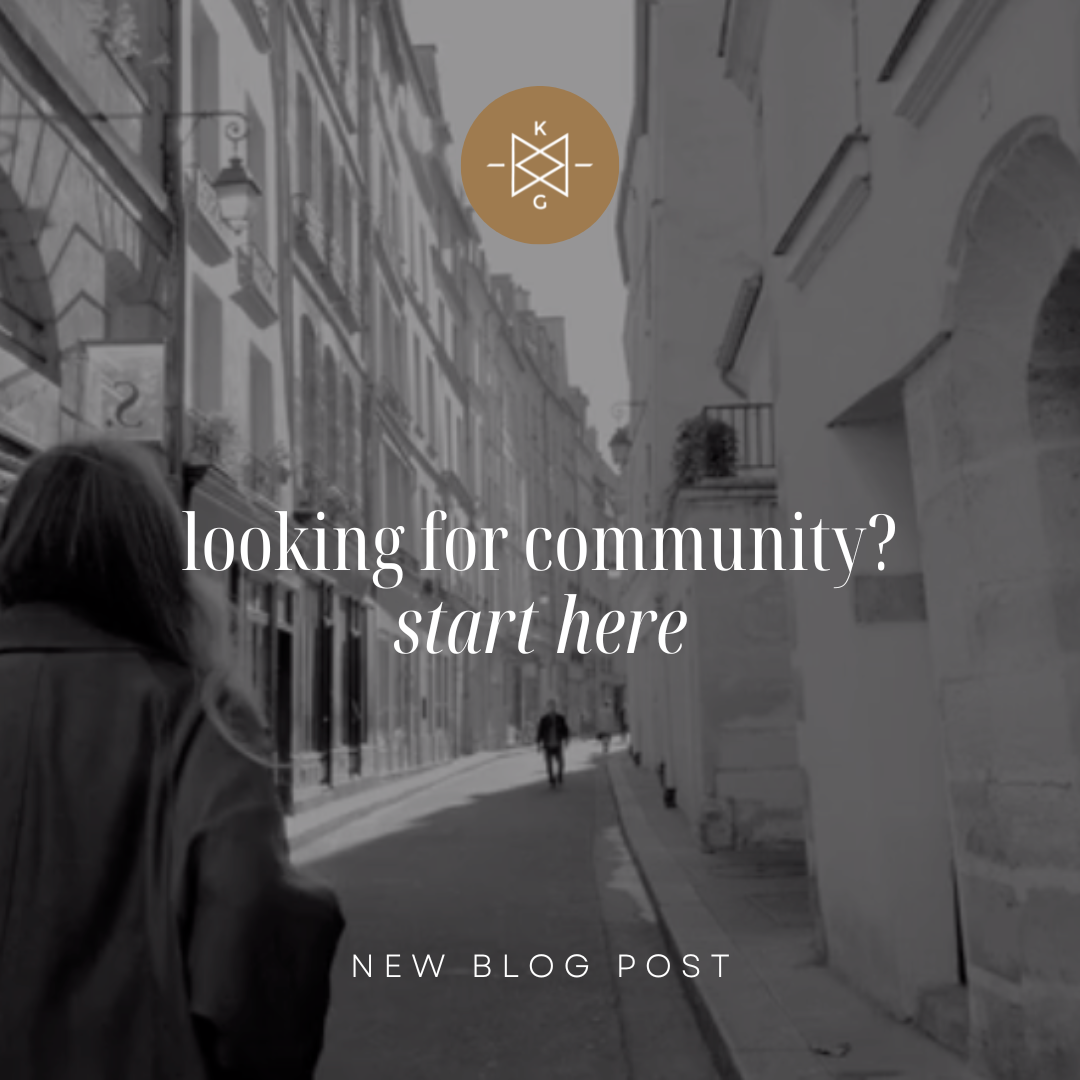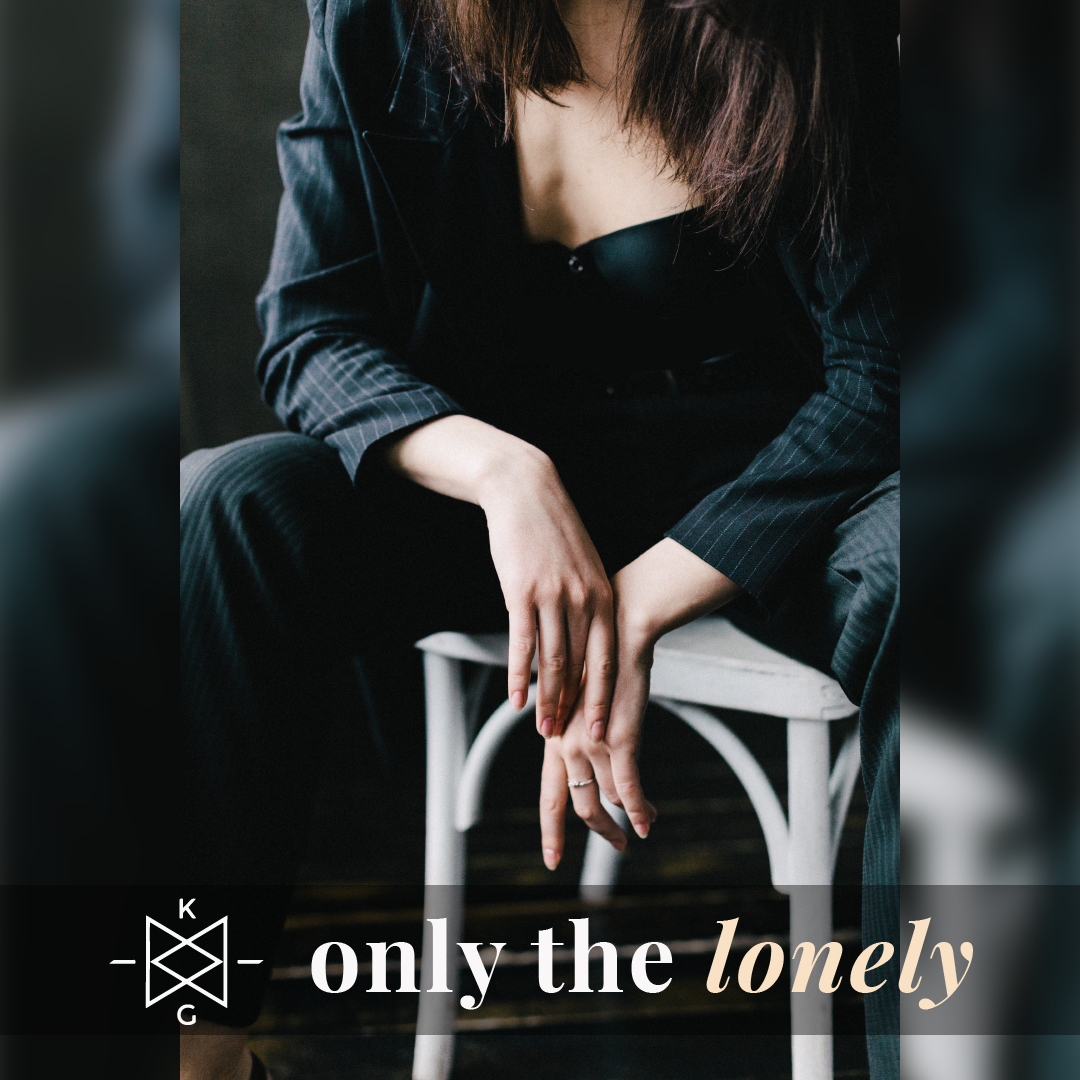
The Blog
Recently Featured
All Blogs
Leaning into Loss: 3 Lessons on Grief
“Resilience comes from deep within us and from support outside us. It comes from gratitude for what’s good in our lives and from leaning in to the suck.”
- Sheryl Sandberg
You may not realize it, but life either has, or will, make you something of a hope vendor. Loss is all around us. It makes up at least 50% of life. At times, you’ve worn the hat of grief counselor for friends, family, and co-workers. I want to share some insight I’ve gained that might shine a light on these often immobilizing and confusing stretches.
A couple of years ago, I attended an all-day workshop led by David Kessler, self-help author and grief guru. He is most well known for his groundbreaking work with Elisabeth Kubler Ross, a Swiss-American psychiatrist who pioneered what we know as hospice care as well as the Kubler-Ross model, or the five stages of grief (denial, anger, bargaining, depression, acceptance).
Despite Kessler’s expertise in death and grieving, he is hilarious. He cracked jokes throughout the entire day, poking fun at himself and taking some light-hearted stabs at the afterlife. I found this profound in light of his work’s focus.
Here are three key insights to remember about grief and the grieving process:
We Grieve in Character
Have you ever known someone who is super level-headed, maybe even annoyingly practical and even-keel, experience a major loss and recover with seamless resilience? Perhaps to the point you even asked them, “Are you sure you're okay? You don’t even seem like this phased you!”
Unless there is a small chance (less than 15%) they’re experiencing delayed grief, he/she is grieving in character, meaning— the way we normally do life is the way we also grieve.
As an Enneagram four, I grieve in all colors of the rainbow; with intensity and every shade of emotion. Hell, my feelings even have feelings, so this emotional intensity checks out in light of my baseline character.
Suffering is Optional
Pain is inevitable; suffering is optional.
Pain and loss are an integral part of life. Suffering, however, is the story we make up about our pain. For example, “This shouldn’t be happening to me” or “It wasn’t supposed to end this way.” We quickly forget how much a part of life loss is as the proverbial record gets stuck on that screeching note of overwhelming shock and awe.
The upside is we have complete power over whether we suffer long-term or not. When we suffer, we live in our heads and attach to narratives of futile embellishments… "why me?”
Resilience shines not when we deny our pain, but as we courageously “lean into the suck” as Sheryl Sandberg cleverly puts it in her latest book Option B. Loss is painful, and the quickest way to the other side is through it, not around it.
Fixing Doesn’t Work
There is no rational way to fix traumatic loss just like there is no way of scientifically explaining romantic love. It just is.
Grief must be witnessed, not explained.
When I try to relate to someone in their grief by offering up a “me too,” what I’m doing is making it about me, not actively listening. In doing so, I cheapen their felt experience. Don’t worry, grief will inevitably run its complex and necessary course. We don’t have to, nor can we ever simply fix it. A hug, an open ear, and a shoulder to cry on will work far better.
From my own experience, I’m reminded how isolation wreaks havoc on the grieving soul. I'm not saying we need to extrovert-up and throw ourselves into social chaos. However, knowing we’ve got a few safe people who will witness our grief is vital. We’re not meant to go this road alone.
As I write this, I’m cringing on the inside. It’s so pat…so formulaic. The grieving process is far from math. It’s ghastly. It feels like death. It’s bigger than space and time and breaks us in a way that feels violent—wrong.
So how do we intentionally bring awareness to this part of life, even when what we currently experience feels light and joyful? It’s a combination of two things: we stop to give thanks a lot more for the things we have that bring life, laughter, and meaning. We also explore in conversation the reality of loss, not to focus on the negative, but mindfully acknowledge the fragility of it all. These two go hand in hand.
If you or someone you know is alone in their grief, know that there are options. Please reach out if your grief needs a witness. It won’t stop the pain, but it might ease the suffering.
Love & gratitude,
Katie
Only the Lonely
"Loneliness is proof that your innate search for connection is intact."
- Martha Beck
If there is an emotion that feels truly hollow and hopeless, in my experience, it has been loneliness. It’s an ache that reaches for miles and miles and photoshops out any trace of perspective or existing motivation to grab hold of.
This is why, for me anyway, it’s necessary to stuff it, sweep it, and quickly look the other way before the bleakness of its stare can call my flimsy bluff. The tears would be a storm. The storm might never pass. …Keep it together, Katie… the show must go on.
This is also why loneliness is currently proven a more dangerous health epidemic than obesity and smoking. No joke. On the surface, it’s asymptomatic. We can hide it famously. Yet right beneath the surface its death grip is suffocating.
Whereas I believe loneliness is not something to mess around with over time, I do believe--like anything--it can create spaces in life to dig deeper into an otherwise hidden ecosystem of awareness and insight.
Curiously, loneliness became one of the most prolific teachers I’ve ever had. Come to think of it, she used very few words, if any. Just like most memorable teachers, she was a real hard ass at first. Over time though, she softened.
Today, if you sit in a scary room of loneliness, I want to reach you. Not to fix you, Lord knows I can’t. I want to simply say “I see you,” and perhaps in doing so, lessen the penetrating sting of that thick and clumsy needle. I want to validate your pain, take it out of its dark and shadowy corner, and simply give it some breathing room. Lonely shouldn’t bear the weight of such baggage. Yes, she’s strong, but not that powerful.
Plus, the felt pain of our emotions lifts a bit when we let some light in and talk about them.
My loneliness gave me a space to dig into the real, unseen meat of my needs and desires. I hated and resisted her for so long, until I held that resistance up against the light. Here are the most stunning realizations she gave me.
Loneliness is the human condition
I remember sitting in my therapists office one crisp February afternoon. I was at the bottom of the bottom. My anxiety was so deafening, I couldn’t separate out my words and thoughts from her loud yell. She beat frantically on the drum of my chest without reprieve.
I was anxious because of this pervasive sense of loneliness laced with depression I couldn’t escape from. It doesn’t make much sense looking back now, but man did it feel like fact then. It put me in the hospital, literally.
My therapist, Gail, looked at me with her wise and nurturing eyes that day and said, “Katie, loneliness is the human condition. It’s what we all have in common.”
Whereas I wanted a pill or a promise, she gave me that weighty nugget. I’ve carried it since.
To know that my loneliness is not unique or special, and in fact, is a pre-requisite for being human felt like a heavy wave of relief.
Your loneliness is part of what connects you to the frayed fabric of humanity. It points you to reach out.
Lonely is different than being alone
Some of the loneliest people I know are married, have a couple of kids, are well-connected in the community, or have big jobs. I’ve got a friend who lives in New York City and tells me it can be the loneliest place in the world.
Despite being surrounded by people, we can still be deeply lonely. Solitude, even for all you extroverts out there, is a gift worth tearing open.
It was during a thin people-season with little community and support that I was forced to befriend solitude. Sure, it felt lonely, partly because I’d been so dependent on people to tell me who I was and what I should do and believe. This unfamiliar place of open-ended quiet felt terrifying. Ironically, this was the season I started to hear the sound of my own voice.
We create out of silence. We can only truly listen in the stillness. This requires getting alone yet is different than loneliness. Quiet passages of solitude invite the most valuable connection possible: you and you. This is when we learn to belong to us.
The fear of loneliness is often rooted in shame
What I notice in seasons of loneliness, and yes, they still exist, is that I’m really grappling with the shame of inadequacy. I’m afraid I’ll be rejected or misunderstood or simply won’t have what it takes. This fear always leads me down the path of trying to fit in or people-please. I’ve had to call BS on so many of my attempts at being liked instead of being true.
This is when loneliness tells us we’re on the right path and we’re not merely masquerading. I was reminded of this when I read Brene Brown’s Braving the Wilderness.
Her research has proven that in order to truly belong we must often times stand alone and risk being highly vulnerable. Courage and comfort are not synonymous.
In order to belong, we must be willing to talk about, and in doing so, reveal those areas we are most shameful in to safe people.
This process feels incredibly lonely. Yet, it’s far better to take this risk and own our truth than to fake it on the surface and disconnect from self. That’s an exhausting detour.
Being truly alive means getting dirty in the arena, not sitting all zipped up in the nose bleeds.
Does the shame of your loneliness, whether that looks like singleness, creative frustration, personal rejection, transition, or grief keep you hustling to keep it together or fit in?
I can assure you, you are not alone.
This may be a season to slow down, exhale, and lean in to hear what she’s trying to say. She tells me I’m alive and on the right track more times than not. She tells me to heed the resistance because pain typically signals opportunity. She tells me I belong, if to no one else, to myself. The most creative and courageous giants stood alone more times than not. Oh, they got dirty alright.
Yes, I see you. Yes, I hear you. Only the lonely days taught me to reach out and risk the comfort of what’s known for the beautiful mess of what’s to come. I pray they do the same for you.
Love & Gratitude,
Katie
